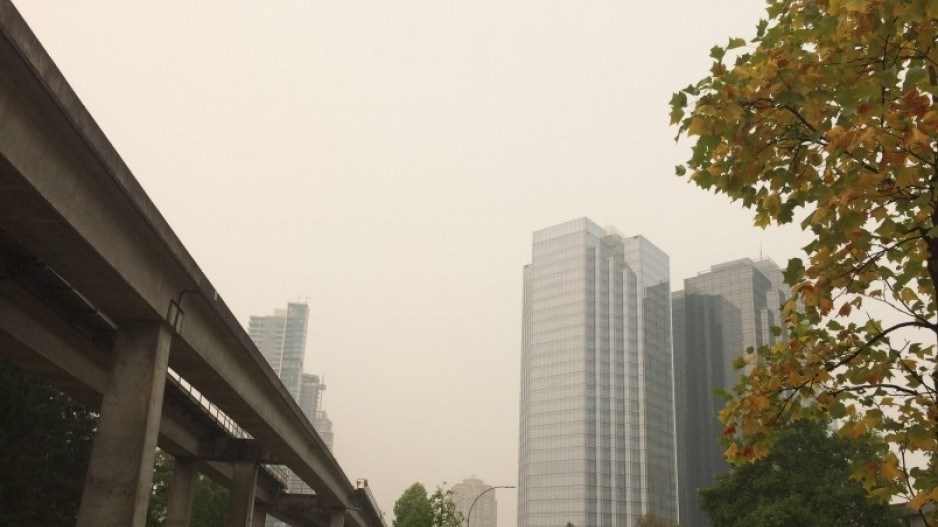Metro Vancouver is releasing its Clean Air Plan — the regional district’s air quality management plan.
The Clean Air Plan includes three targets to be achieved by 2030:
Reduce regional greenhouse gas emissions by 45 per cent from 2010 levels
Ensure ambient air quality in the region meets or is better than the regional, provincial, and federal health-based targets
Increase the amount of time that visual air quality is classified as “excellent”
“Over the past five decades, we have been successful in reducing harmful air containments with a commitment to introducing policies and actions that protect residents from air pollution. Now we must urgently address one of the greatest threats we face: climate change and its impacts,” said Burnaby Coun. Sav Dhaliwal, chair of Metro Vancouver’s board of directors, in a statement. “The Clean Air Plan is focused on reducing emissions that contribute to climate change over the next 10 years, supporting our goal of a carbon neutral region by 2050.”
Air contaminants are associated with increased risk of heart and lung disease, asthma, bronchitis, and cancer, and these impacts on people increase the burden on the health care system, said Metro Vancouver, adding that greenhouse gas emissions contribute to climate change, which is “already hitting the region through extreme heat, wildfires, storms, and flooding.”
The plan focuses on reducing emissions from the largest sources in the region: transportation, buildings, and industry, says the report.
“Modelling indicates that the actions outlined in the Clean Air Plan could reduce regional greenhouse gas emissions by about two million tonnes by 2030 compared to 2010, and while this is significant, it falls short of the 6.7 million tonnes needed to meet the target of 45 per cent reduction by 2030,” said a news release. “We need to act now, and the plan moves us in the right direction, but more aggressive policies and actions will need to be developed and implemented.”
Transportation, the largest source of greenhouse gas emissions, is addressed by making zero emission vehicles more accessible and ensuring transit and active transportation options, said Metro Vancouver.




